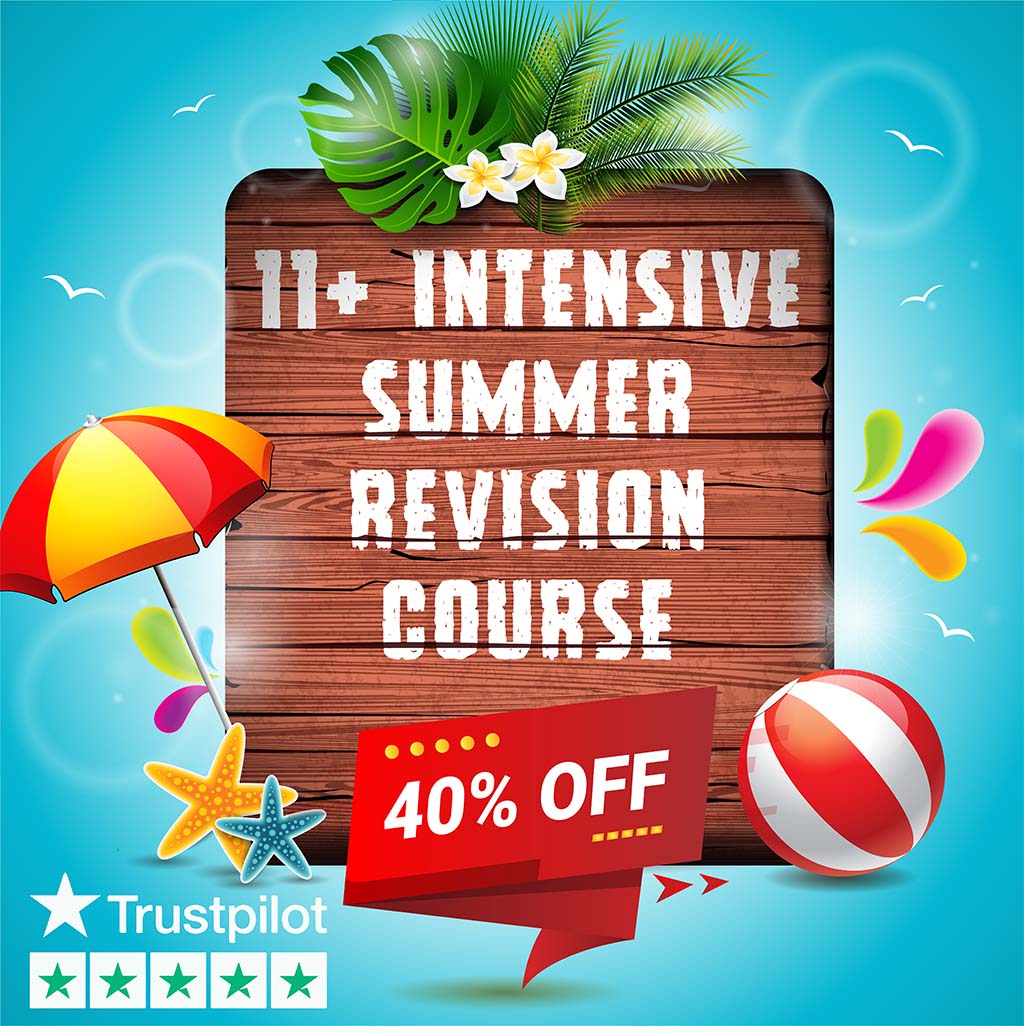The life of a student is not as easy as people may think. There are many stages where they get so frustrated and stressed. For example, when their exams are near they feel a mix of emotions that make them so worried about the scores. This tension often leads to mental and physical health issues.

In order to keep your child healthy and stress-free during the time of exam preparation, it’s important that they have all the necessary materials they need.
But, that is not enough. Your child can still get confused even when he/she has the right past papers or books. What matters is to use them effectively. In this guide, you will find all the help you need from reviewing past papers to know why are mock exams important.
Why Use Past Exam Papers?
Before getting into the tips let’s understand why reviewing past papers is important and can benefit you.
- Past papers can help you understand the structure of the exam and the style of the questions that will appear in your real exam.
- You can customise your revision effectively with the help of past papers because they highlight the important topics that you need to cover.
- Many things like time management, speed and stress management are needed to do well in the exam and regular practise with past papers can help you refine your strategies and manage all these things effectively.
- When you are familiar with the exam already, you feel more confident and less worried.
1. Read Each Question Twice
Misreading the question is one of the common mistakes that many students make. This mistake can lead to incorrect answers even if you are prepared well. When you are reviewing past papers, make sure that you make it your habit to reach each question very carefully and twice to be sure that you understand what is being asked.
- Underline the important keywords like “explain,” “describe,” or “compare.” when you highlight these important words you will know the requirement of that question.
- Write down important points and thoughts that occur to you while reading the question. This practise can be helpful while writing the answer and you will avoid many mistakes.
2. Understand the Format of the Exam
Know that every exam has a unique format that hardly ever changes. Get used to the format because it can be beneficial for your exam preparation.
- Read the guidelines written on the exam very carefully. Make sure that you pay attention to the number of questions, types of questions and time limits.
- Divide time and distribute it according to all the questions. This way you will know how much time to spend on one question. Practise this habit at home to increase your writing speed.
3. Create a Mind-Map and Plan
Planning is the most important thing when you are taking an exam. Especially for long answers. When you are reviewing past papers make sure that you practise creating mind maps before writing your answers.
- Mind mapping will help you in organising your ideas logically. This will make your answers more structured and readable.
- Spend a few minutes in outlining your essays. This can make your answers look well presented.
4. Practise Under Exam Conditions
Applying real exam conditions when reviewing past papers can make a big difference on the exam day.
- Complete the past papers under the same time duration as the real exam. This will help you in getting used to working under pressure.
- Solve the papers in a quiet environment and work without interruptions.
5. Study the Marking Scheme and Examiners’ Reports
It’s important to understand what the examiners look for. Most of the exam boards provide marking schemes and examiners’ reports.
- Understand the criteria of each mark to know how answers are graded.
- The examiner’s report highlights the common answers and what exactly examiners expect from the students. They can give you details about how to improve your results.
6. Identify Areas of Difficulty
When you are working through the past papers you may find some questions harder than the others. Use this opportunity to find out your weaker areas.
- Note each of the questions you find difficult and revisit them later in your revision.
- Don’t hesitate to ask teachers or classmates for help on tricky subjects. Sometimes a different perspective can make things clearer.
7. Mark Yourself and Get Feedback
Knowing where you stand academically matters a lot. Mark your solved papers and understand where you made mistakes.
- Be honest with yourself when you are marking your paper and identify the ares of improvement.
- If it’s possible for you, ask your teacher or tutor to review your answers. Their feedback will help you a lot.
8. Test Your Knowledge
Testing your knowledge regularly can make sure that you have memorised the information and understood it completely. Past papers are perfect for this.
- Schedule regular sessions where you test yourself using past papers.
- Keep track of your scores and highlight all the areas that need more focus. This can keep you motivated.
9. Apply Your Knowledge
The exam will not just test your understanding of what you know but also how you apply that knowledge. Use the past papers to apply concepts to different types of scenarios.
- Focus on the questions that require analysis and application of knowledge to improve your critical thinking skills.
- Try to relate questions to real-world situations. This can make the material more interesting and easier to understand.
10. Manage Your Time
Time management is one of the most necessary parts of the exam. Practising with past papers can help you refine this skill.
- Set aside specific time for each of the section and stick to it. This will make sure that you complete the paper in the given time.
- Practise how to speed up writing your answers without ruining the accuracy. This will help you in managing your time better during the actual exam.

Applying These Tips
Mixing these strategies into your study routine can improve your revision process.
Here’s how you can do it effectively:
- Regularly use past papers as part of your revision schedule.
- Combine past paper practise with other study methods, like flashcards and 11 plus mock exams.
- Keep track of your improvements and adjust your study plan as needed.
The Importance of Mock Exams
You might wonder, are mock exams important? The answer is yes. Mock exams are priceless for many reasons.
- Forge Real Exam Conditions because They prepare you for the pressure and format of the actual exam.
- Identify Weak Areas because They highlight areas that need more focus and allow you to refine your revision strategy.
- Get familiarised with the exam format and conditions because it can boost your confidence.
Fun and Collaborative Study Techniques
Reviewing the past papers is essential but, including fun and interactive techniques can improve your learning.
- Use the best educational games to make studying enjoyable. These games can reinforce concepts in a fun way.
- Studying with friends can make your revision sessions more fun and engaging. Use resources like 11 plus mock exams together.
Maintaining Balance
Maintaining a balance between study and relaxation is essential for a thorough revision:
- Take regular breaks to avoid burnout. Short breaks can refresh your mind.
- Make sure to eat a healthy diet and sufficient sleep. This keeps your mind and body in the finest condition.
Managing Exam Stress
Stress management is vital for a calm and focused mind:
- Regular physical activity can reduce your stress and improve concentration.
- Techniques like meditation and deep breathing can help you calm your mind.
Building a Revision Plan
A well-structured revision plan is the backbone of any effective exam preparation.
Here’s how you can create one:
- Define the goals like what you want to achieve in each study session.
- Assign specific times for each subject or topic.
- Create a weekly timetable to keep track of your study schedule.
- Make sure that you include short breaks to rest and recharge.
The Role of Parents in Exam Preparation
Parents can play a significant role in supporting their children during exam preparation. Here’s how:
- Make sure that your child has a quiet and comfortable place to study.
- Promote a healthy lifestyle with balanced meals and satisfactory sleep.
- Be there to listen and provide encouragement. Remind your child that their best effort is what matters most.
- Provide your child access to resources like 11 plus mock exams and the best educational games.
Collaborative Learning
Studying with students and teachers can enhance the learning experience. Here’s how to make the most of group study sessions:
- Set your goals clearly that you want to achieve in each session.
- Assign roles like quiz master or note-taker to keep the session organised.
- Use group sessions to tackle challenging subjects and share different perspectives.
Using Online Resources
The internet has a treasure of educational resources. Here’s how to make the most of it:
- Use websites that offer free past papers, tutorials, and revision tips.
- Test your knowledge with online quizzes and engaging games.
- Watch educational videos on topics that you find difficult.
Practising Self-Care
Some people often take their health for granted but, taking care of it is essential during exam preparation.
Here is what you need to do:
- Drink plenty of water to stay hydrated and keep your mind sharp.
- Eat balanced meals to maintain energy levels.
- Aim for at least 8 hours of sleep per night to make sure that you’re well-rested.
- Regular breaks help to avoid burnout and keep you refreshed.

Celebrating Small Wins
Recognising and celebrating small achievements can boost confidence and motivation.
Here’s how:
- Break down your revision into manageable milestones.
- Treat yourself when you achieve a milestone. It could be something simple like a favourite snack or a short break.
- Focus on your progress rather than perfection. Every step forward is an achievement.
Wrap Up
Reviewing past papers can greatly improve your preparation. You can achieve the top scores in your exam by following the things mentioned above. Remember to combine past paper practise with other study methods and maintain a balanced lifestyle. With the right strategies and a positive mindset, you can turn exam preparation into a productive and less stressful experience.
Good luck with your exams!
“The secret of getting ahead is getting started.” – Mark Twain
“The future belongs to those who prepare for it today.” – Malcolm X
“Knowledge is of no value unless you put it into practice.” – Anton Chekhov










Leave a Reply